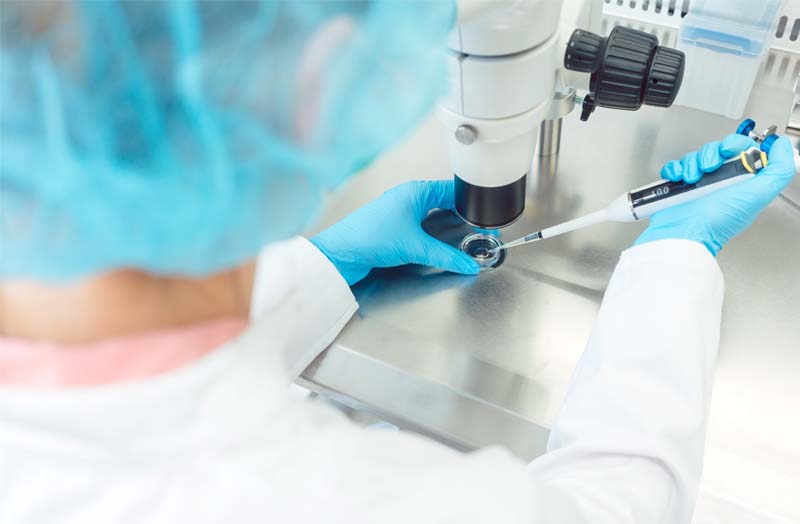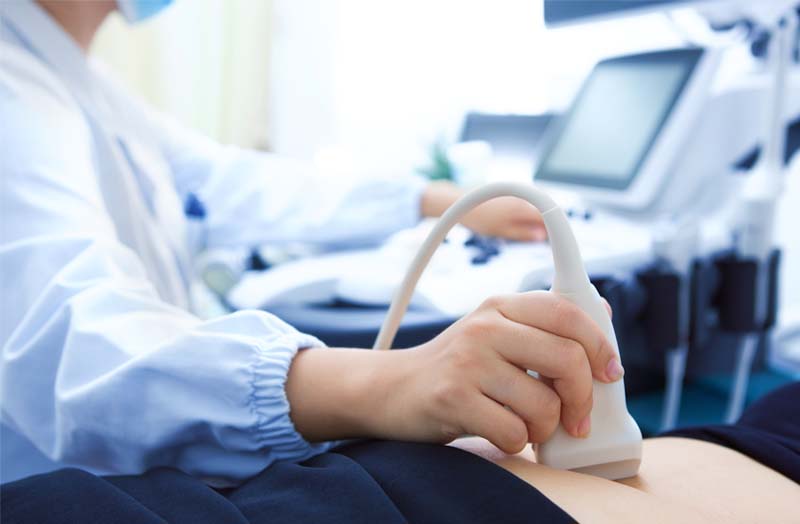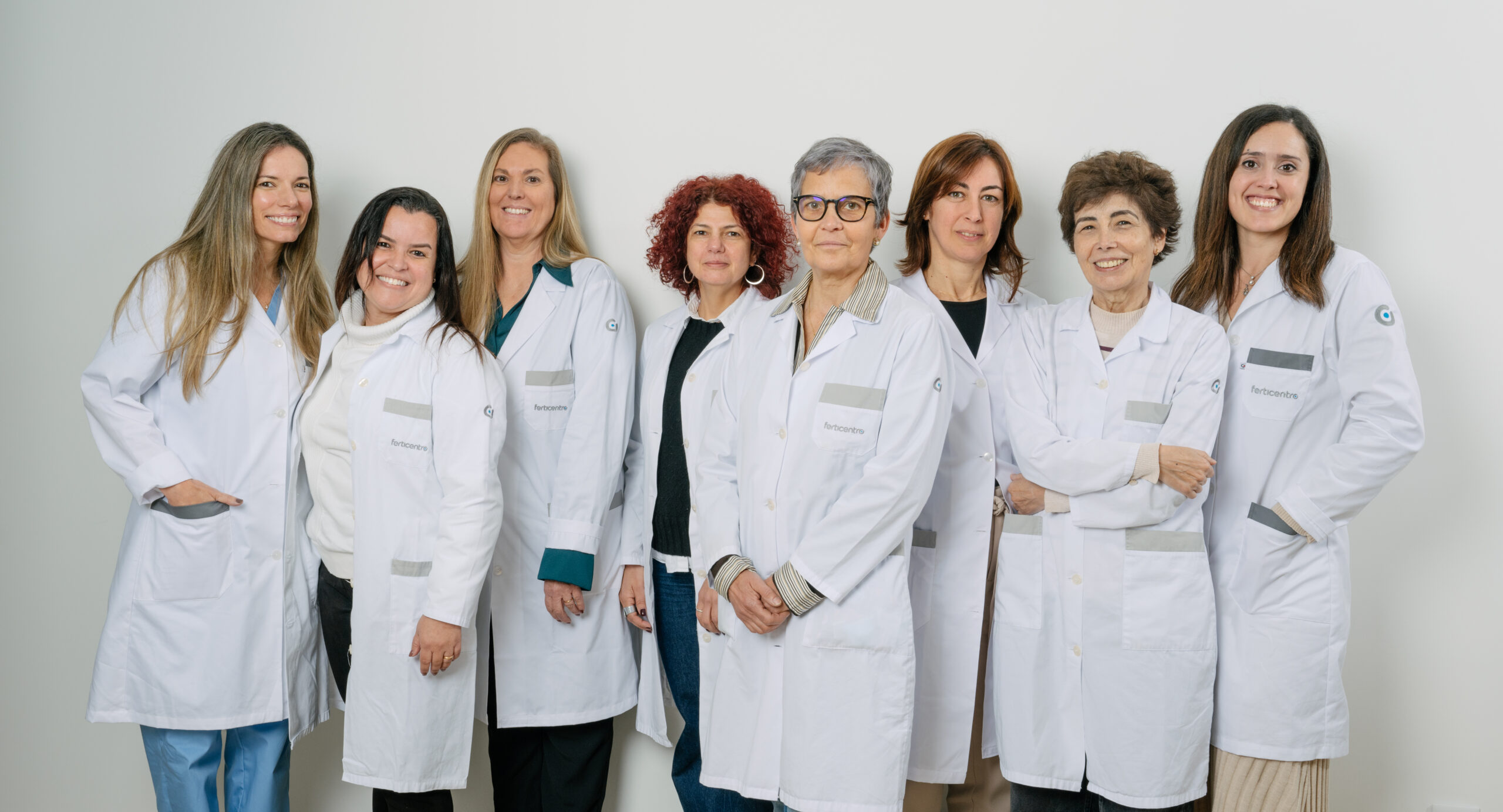Dedicação, Transparência e Excelência Técnica




Inicie o seu processo
Soluções adaptadas ao seu caso
Porquê escolher-nos
Especialistas em matéria de fertilidade
Somos internacionalmente reconhecidos como especialistas em casos complexos de infertilidade e privilegiamos tratamentos personalizados e adaptados a cada situação.
Tecnologia de ponta
Dispomos das tecnologias mais recentes e oferecemos os tratamentos mais avançados, maximizando as hipóteses de uma gravidez bem-sucedida.
Décadas de experiência
Ao longo de mais de vinte anos, ajudámos a formar milhares de famílias em todo o mundo.
Compromisso com a qualidade
Há mais de 15 anos que somos certificados pela NP ISO 9001, o que atesta o nosso comprometimento com a qualidade e segurança dos nossos cuidados
Todos os tratamentos
O que oferecemos
Sabemos que cada caso é único e que cada pessoa traz consigo um quadro de saúde reprodutiva e genética particular. Na Ferticentro, temos uma gama abrangente de tratamentos de fertilidade e planos personalizados, desenhados para ajudar cada família a atingir os seus objetivos.

Quem somos
Sobre nós
A Ferticentro é uma clínica de fertilidade com mais de 20 anos de experiência. Combinamos tecnologia de ponta, o maior banco de esperma e óvulos de dadores não anónimos em Portugal, sobre os quais disponibilizamos informação transparente e objetiva. Somos uma equipa dedicada de mais de 50 profissionais que ajudam pessoas de todo o mundo a formar as suas famílias.





